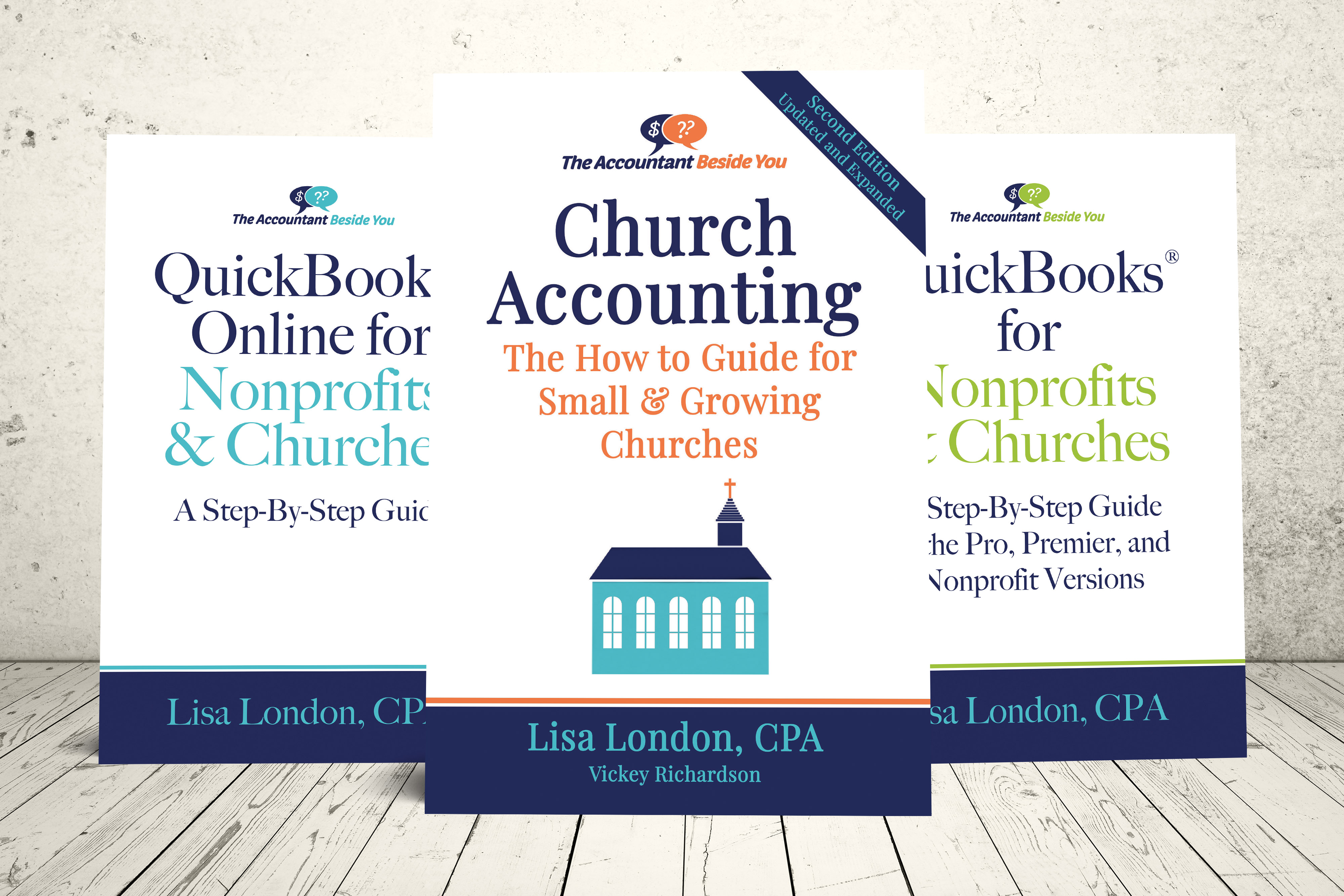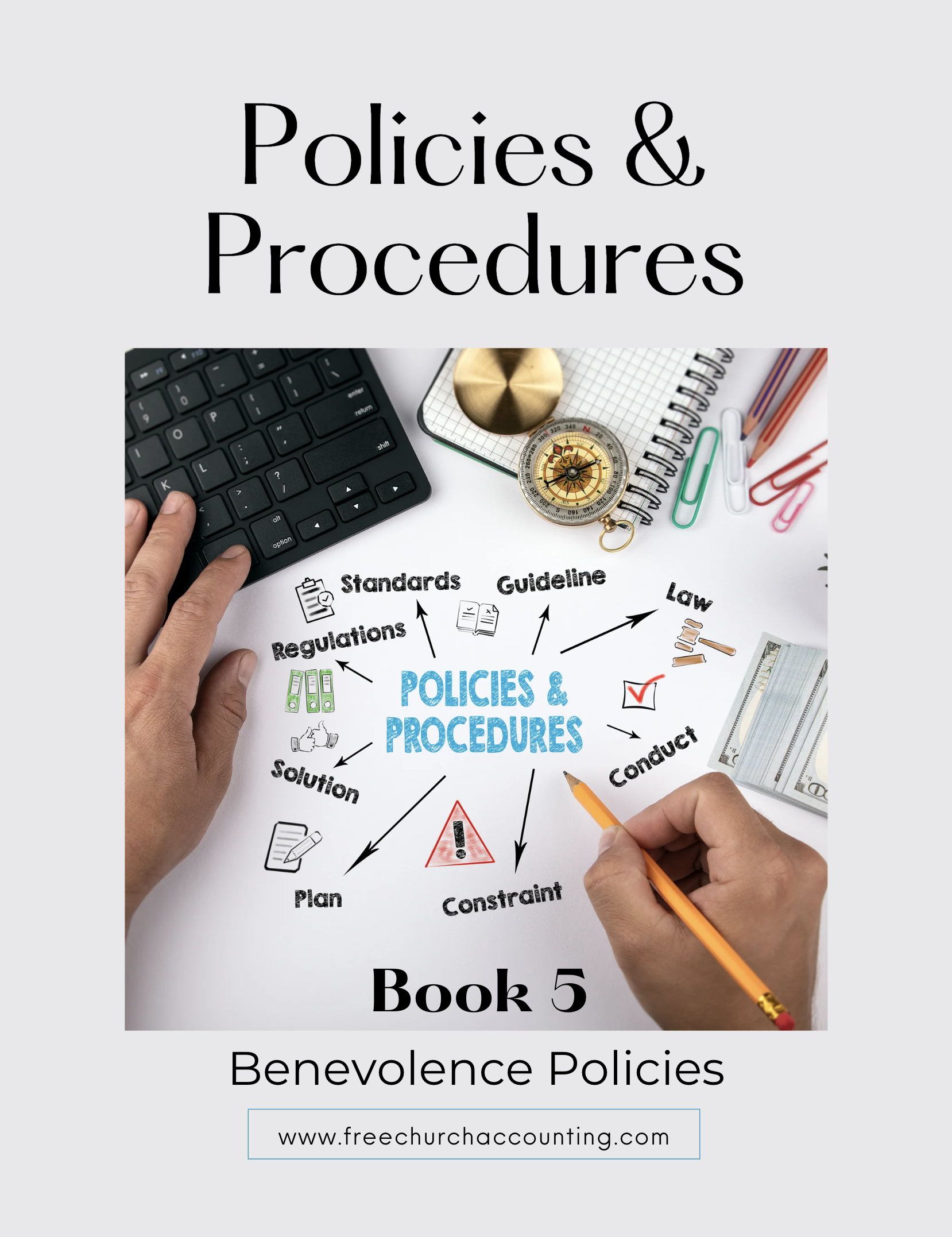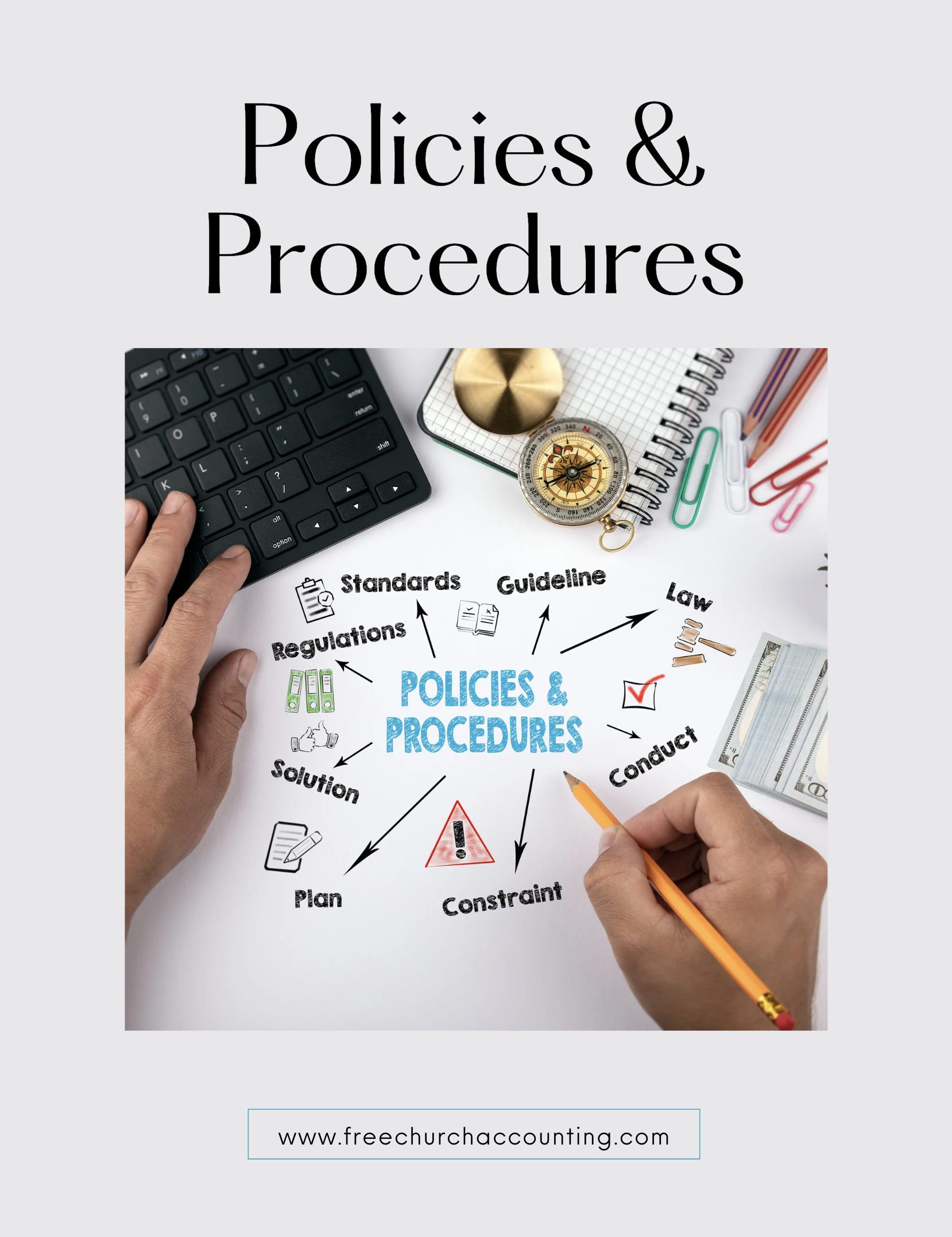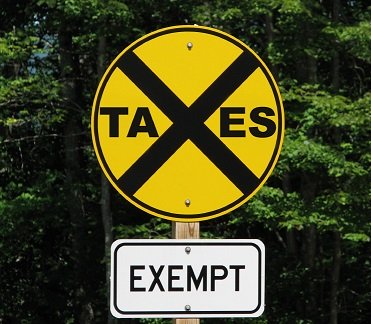Benevolence Fund Guidelines
The key benefit of establishing a benevolence fund policy correctly is to guarantee that contributions to the fund are eligible for tax deductions and adhere to IRS regulations, ensuring the safety of both donors and benevolence recipients.
Additionally, a well-crafted benevolence fund policy can help foster a sense of community and support within an organization or group. It provides a structured way to assist those in need, promoting a culture of generosity and care.
By clearly defining the criteria for assistance and the application process, the policy can ensure fairness and transparency. This helps to build trust among members and encourages more people to contribute, knowing that their donations are being used responsibly and effectively.
Moreover, by adhering to legal and regulatory guidelines, the policy protects the organization from potential legal issues and ensures that all activities are compliant with current laws. This not only safeguards the organization but also enhances its reputation as a responsible and ethical entity.
For a limited time, you have the opportunity to acquire both the ebook and the complimentary Word document, which you can tailor to your church's benevolence policy, all for just:
$7.95
The Benevolence Package is also part of a larger "Policies and Procedures" Package" that is packed full of valuable information and for a limited time you can purchase all 5 ebooks and 8 policy templates for only $32.80
Establishing a Benevolence Fund
Your initial step involves establishing a Benevolence Committee. In cases where setting up such a committee is not feasible, the responsibility falls on the board of directors to initiate and oversee a benevolence policy.
Here's a breakdown of the key components that should be included in your written policy:

1. All benevolent expenses must meet two criteria:
- Needs
- Recipient Resources
2. It should also include:
- Eligible needs for benevolence aid
- Who decides which needs the church supports
3. Provide written evidence of need through:
- Completed benevolence application or request form
- Utility cut-off notice
- Medical bills
- Documentation validating the need
4. For proving lack of resources, acceptable documentation could include:
- Pay stubs
- Tax returns
- Bank statements
- A signed declaration stating the lack of resources to fulfill the need
In exceptional cases where written proof is unattainable, like the aftermath of a natural disaster, there are steps you can do to ensure the church and the benevolence receipts are protected. See those steps and more in my Policies and Procedures ebook: Benevolence Policies

Coupon!
Here is a 10% discount code for all the ebooks, spreadsheets, and packages on this site:
FCA
Note: click on "PACKAGES" in the top navigation bar for a list of all of the ebook and spreadsheet packages on this site!
Benevolence Fund Exclusions

Board members and their direct family members cannot receive benevolence from your church. The reason they are ineligible to receive any financial benefits from your church is spelled out in Treasury Regulation 53.4958-39(b). The IRS considers them disqualified persons due to their position of substantial influence in your
tax-exempt organization.
Giving financial assistance to any "disqualified person" can be considered private inurement or excessive benefit transaction. Section 4958 of the Internal Revenue Code details the laws regarding the hefty penalty taxes that can occur when the IRS considers a tax-exempt organization to have committed one of the above mentioned transactions.
You may be able to assist an employee with your benevolence fund; however, the Internal Revenue Code requires
all benevolence payments provided to employees to be considered taxable
income and included on the employee’s W-2. You should even withhold all
applicable payroll taxes like the payment was wages if the employee is
not a minister.
The same rule applies on benevolence payments made directly to those employees or even those paid on behalf of the employee, such as a doctor bill.
Benevolence to family members of employees can also be considered income to that employee also. Read Internal Revenue Code Section 102.
However, there is an exception to this rule. If employees suffer losses as a result of a national disaster, the benevolence payments are tax-free, as long as they are for qualifying expenses. The requirements for that exception are quite lengthy, so see section 139 of the Internal Revenue Code. For more detailed information, see IRS Publication 3833.
Donation Guidelines Package
A set of 4 ebook packages that covers many of the following topics...
- How to handle and receipt stock donations
- How to handle free rent and labor donations
- How to handle non-cash contributions
- What to do if you receive a DAF (donor advised fund) contribution or grant
- How to handle Quid Pro Quo donations and other fundraising income such as drawings and raffles
- Donation policies and procedures
- Much more - Click here for details
Earmarked Benevolence Fund Donations

Contributions to specific individuals are not eligible for tax deductions. For a charitable donation to be tax-deductible, the church or organization must have full authority over how the donation is allocated.
Consider this scenario: Mary Jones hands you a check with the church's name on it, specifying that it should go to Brother Smith to assist with his rent, as Joe Smith has been unemployed for more than six months and is struggling financially.
Here are two options to consider when faced with a gift designated for a specific individual:
By verbally specifying the recipient, Sister Jones relinquishes the church's control over her contribution. One option is to decline the check. According to IRS Publication 3833, donors cannot allocate contributions to a specific individual or family within a charitable organization. You could kindly explain to her that while her generosity toward Brother Smith is commendable, she should personally give the check to him, as the church cannot process pass-through contributions.
Alternatively, you can accept the check and mark "NONDEDUCTIBLE" in red ink on the front. This notification informs the donor that the check cannot be used as a tax deduction when filing their itemized deductions. Most local office supply stores can create such a stamp for your church. Additionally, ensure the nondeductible contribution is not included in the donor's annual contribution statement. If it is mistakenly included, clearly state that the specific donation is not tax-deductible and should not be counted in their deductible total.
In conclusion, every church should have a benevolence fund to help needy individuals … not only in their church, but in their communities as well. It is also equally important to have a written benevolence policy in place to set up and administer that fund.
Check with your country and local area's nonprofit laws to determine what should be included in your benevolence policy and the best way to administer your benevolence fund.
Even in the US... many state and local authorities regulate charitable solicitation, so check with your local laws if you are soliciting funds for a particular individual or disaster.
For more details on benevolence payments and policies PLUS a free editable Benevolence Policy document which also includes a benevolence request and disbursement forms, consider purchasing my Benevolence Policies Package
See more questions and comments on benevolence payments including a very detailed and needful response from Bill OConnell, CPA...Benevolence Questions and Answers














